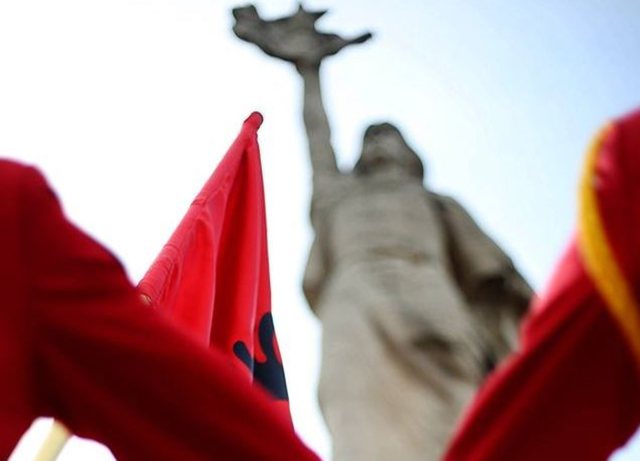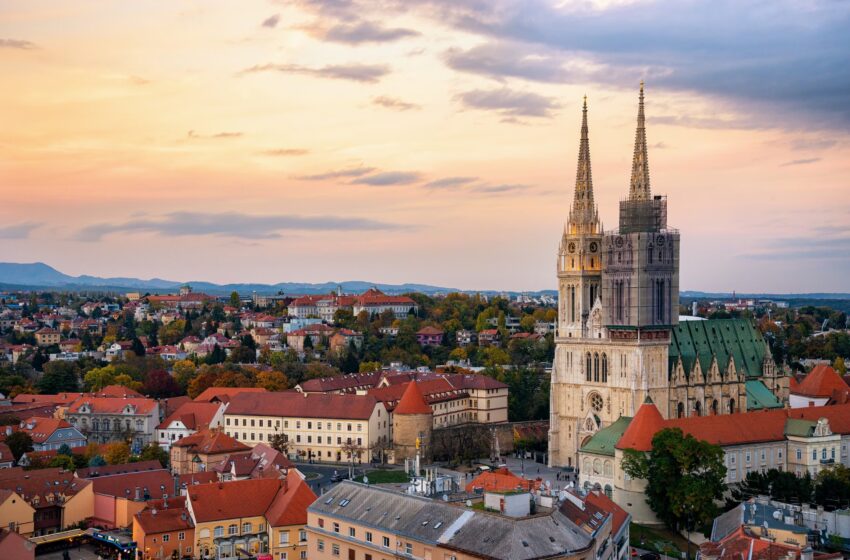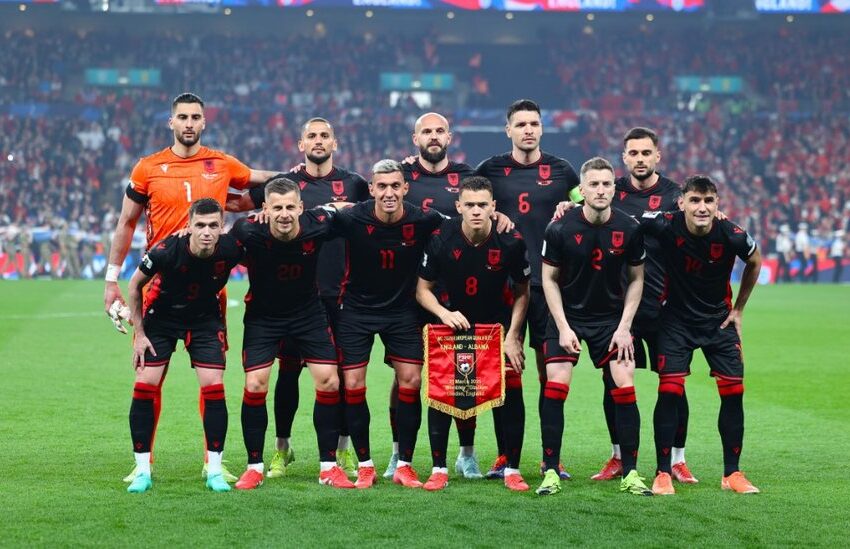Albania marks 80th anniversary of liberation from Nazi forces

Albania celebrated the 80th anniversary of its liberation from Nazi occupation on November 29, with a ceremony held at the National Martyrs’ Cemetery in Tirana. Top state officials paid tribute to those who gave their lives during the resistance against the Nazi-Fascist occupation. Meanwhile, the opposition continues to dispute the historical accuracy of November 29 as the official date of liberation, advocating instead for November 28, which coincides with Albania’s Independence Day.
Why is this important: The debate over the date of Albania’s liberation reflects a broader divide between the country’s political left and right. Since the fall of communism, the right has argued that the November 29 designation was influenced by Yugoslav communists and represents a politically motivated retelling of history. The left defends the date as the culmination of Albania’s liberation struggles during World War II.
Context: During World War II, Albania endured dual occupations—first by Fascist Italy starting on April 7, 1939, and later by Nazi Germany in 1943 following Italy’s surrender. The National Liberation Army led armed uprisings against both occupiers, culminating in the liberation of Tirana on November 17, 1944, and the final liberation of Shkodër and its surrounding areas on November 29, 1944. This marked the end of foreign occupation in Albania and solidified November 29 as a day of national importance for many.
However, November 29th also marks the coming into power of the Communists who installed a repressive dictatorial regime that would last until 1991. The Albanian left traces its origins to the Albanian Labor Party that rules during the five decades until 1991, while the right traces its origins in the defeated – and to a large extent discredited – nationalist and monarchist forces who in part because of their fight against the Communists ended up collaborating with the Nazi occupation.
The ongoing debate: The opposition argues that November 28, the day Albania declared independence in 1912, should also be recognized as the day of liberation, creating a unified narrative of national pride. They claim that the communist regime under Enver Hoxha distorted history to align Albania’s liberation with Yugoslavia’s, which also marks November 29 as its liberation day.
The debate persists along the same lines that split Albanians in November 29th 1944. The anniversary of liberation serves not only as a moment of reflection but also as a flashpoint for ongoing political and historical disagreements.


